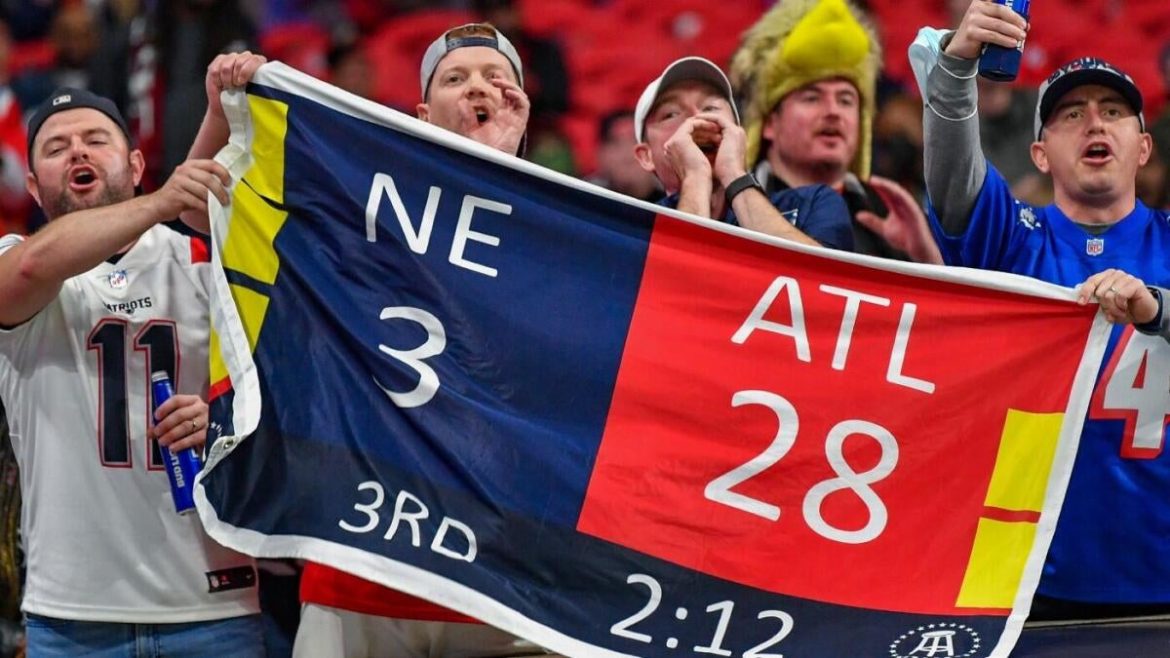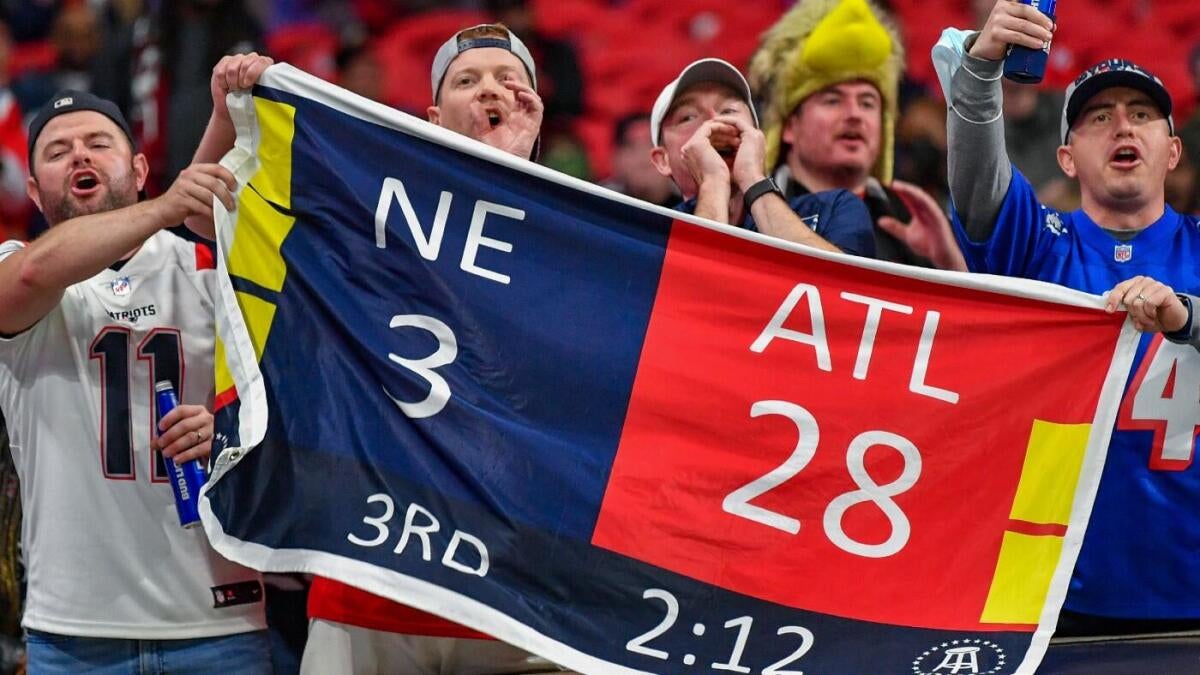The Atlanta Falcons’ recent social media missteps highlight the precarious balance professional sports teams must maintain in the digital age, where one ill-considered post can ignite widespread backlash or ridicule. These episodes provide a rich case study in the challenges of managing a team’s public image amid passionate fan bases, sensitive histories, and the unpredictable nature of online engagement.
The Verge of Self-Sabotage: Falcons’ Social Media Faux Pas
In several incidents documented recently, the Falcons’ social media team has encountered notable difficulties that forced them to delete posts shortly after publication. Among the key moments was a tweet inadvertently referencing the infamous Super Bowl LI collapse, where the Falcons lost a 28-3 lead to the New England Patriots. The choice to post what appeared to be an innocuous behind-the-scenes image quickly spiraled as fans and observers interpreted it as a self-deprecating nod to that painful memory. This response underscored how certain historical wounds remain raw for a team’s community, even years later.
The team faced a common dilemma: leave the tweet visible and potentially endure waves of mockery and criticism, or remove it quickly, which itself signals an acknowledgment of error but also invites scrutiny. Opting for the latter, the Falcons’ social media operators acted swiftly to minimize damage—a pragmatic but reactive solution.
The Broader Context of NFL Social Media Challenges
The Falcons are by no means alone. All 32 NFL teams share the challenge of navigating the challenging terrain of fan interaction in the digital sphere—where every post is dissected and can be amplified within minutes. Behind-the-scenes content, player highlights, and event promotions are staples of team social media, intended to energize the fanbase and humanize athletes. Yet these gestures carry inherent risks, as demonstrated when the Falcons posted and then deleted content that inadvertently mocked Ohio State kicker Noah Ruggles following a closely contested game.
Such instances reveal the fine line between playful banter and perceived insensitivity. While teams strive to engage fans through humor and competitive spirit, accidental “roasting” or appearing to disparage opposing players can backfire, polarizing audiences and sparking backlash.
Navigating Controversy and Fan Sentiment
The contractual relationship between sports organizations and their followers is emotionally charged and complex. Fans’ loyalty is intense but can be fragile, especially when intertwined with painful memories or rivalries. The Falcons’ Super Bowl loss remains a particularly salient scar for their community, making any casual reference especially perilous.
This dynamic places an acute responsibility on social media teams to tailor content with heightened awareness of historical and cultural sensitivities. The repeated need for quick deletion indicates either gaps in content vetting procedures or the perils of rapid, real-time posting.
Strategic Takeaways for Sports Social Media Management
Several insights emerge from the Falcons’ experiences:
– Rigorous Content Review: Implement multi-layered approval processes to catch potential pitfalls before posts go live. This can be challenging in a fast-paced environment but is crucial to avoid avoidable missteps.
– Historical and Contextual Sensitivity: Teams must maintain a comprehensive understanding of their own histories and fanbase sentiments, anticipating how certain references might be interpreted.
– Balanced Tone Management: Humor and competitive teasing can be effective engagement tools, but care must be taken to avoid crossing into negativity that alienates fans or targets individuals unfairly.
– Rapid Response Protocols: Mistakes will happen; having clear, swift response strategies—including apology and content removal—can mitigate long-term reputational damage.
– Fan Community Listening: Monitoring fan reactions actively allows teams to adjust their social media strategies in near real-time and build a more positive dialogue.
Conclusion: Digital Tightrope Walking
The Atlanta Falcons’ recent social media episodes encapsulate the double-edged sword technology presents to modern sports franchises. While social platforms offer unprecedented opportunities to connect intimately with supporters and showcase team culture, they also demand meticulous management to avert blunders that can erode goodwill and invite widespread ridicule. As teams like the Falcons learn and adapt, these lessons will shape the future of sports communications, emphasizing caution, empathy, and the artful balance required to thrive in an unrelentingly public digital arena.





